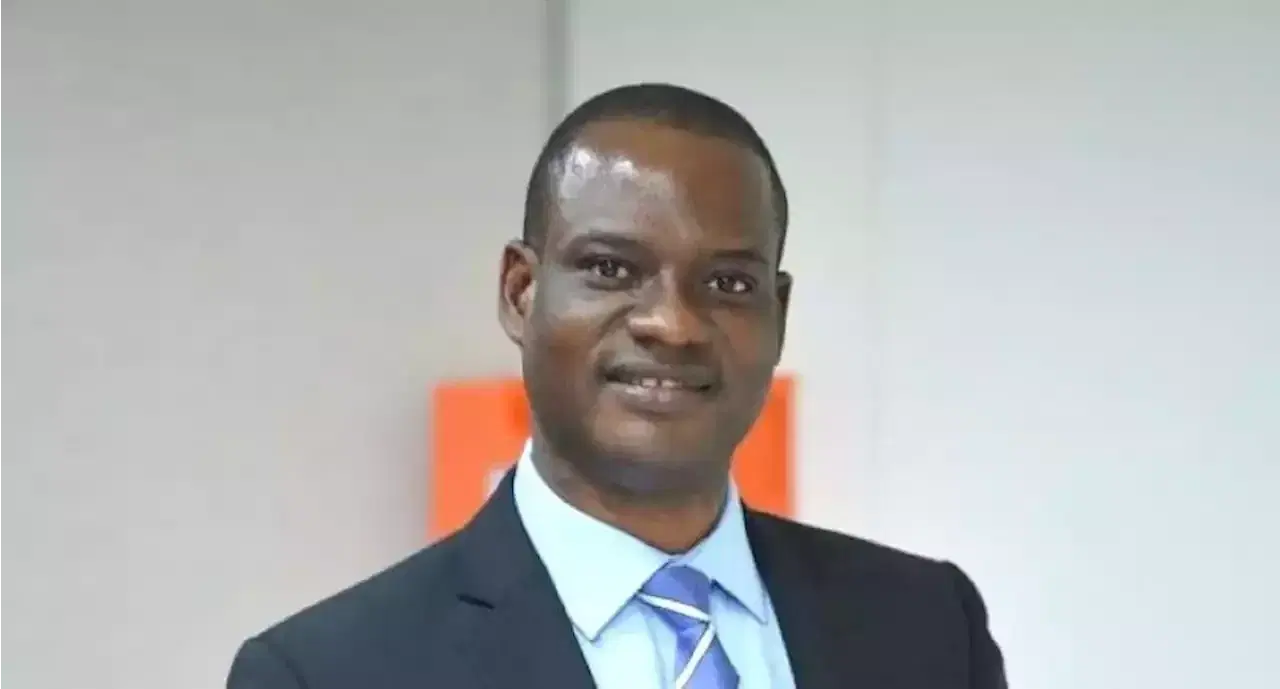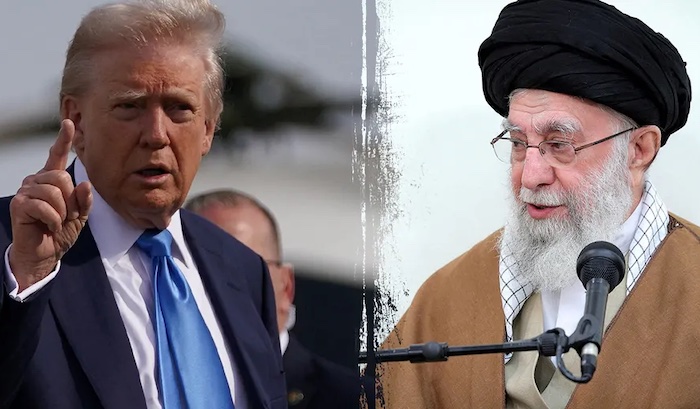
Chairman of Presidential Tax Committee urges states to invest, not just spend, as BudgIT’s 2025 State of States Report reveals widening fiscal gaps…….
The Chairman of the Presidential Fiscal Policy and Tax Reforms Committee, Taiwo Oyedele, says Nigerian states could collectively earn over ₦4 trillion annually starting from 2026, once the country’s new Value Added Tax (VAT) reforms take full effect.
Oyedele made the disclosure on Tuesday in Abuja during the launch of the BudgIT State of States 2025 Report, where he delivered the keynote address to mark the 10th anniversary of the initiative.
“With VAT reforms kicking in from 2026, states’ share will rise to 55 per cent. That could amount to over ₦4 trillion in 2026,” Oyedele said. “The real question is: will this money be spent or invested?”
States Getting Richer, Citizens Still Struggling
The tax reform expert noted that the ongoing economic adjustments have more than doubled federal allocations, with the Federation Account Allocation Committee (FAAC) transfers rising from ₦5.4 trillion in 2023 to ₦11.4 trillion in 2024.
Despite this, Oyedele observed that most Nigerians are yet to feel the impact of the additional revenues.
“Governments now have more money than ever before, but households have less disposable income,” he said.
“The paradox is that while public coffers are swelling, ordinary Nigerians are tightening their belts.”
He urged state leaders to ensure that rising revenues translate into tangible improvements in citizens’ lives, through investments in infrastructure, healthcare, and education rather than administrative overheads.
BudgIT Report Reveals Persistent Dependence on Federal Allocations
The BudgIT report showed that 21 states still depend on federal allocations for more than 70 per cent of their total revenues. Oyedele described the trend as unsustainable, though he praised Enugu and Bayelsa for recording significant internal revenue growth of 381 per cent and 174 per cent, respectively.
He said the new tax framework, which grants states full control of Electronic Money Transfer Levies (EMTL) and exempts state bonds from taxation, will help reduce borrowing costs and strengthen local economies.
“This is a unique opportunity for states to build fiscal resilience, close tax gaps, and invest in productive sectors,” he said.
Spending Up, But Impact Still Weak
Oyedele commended the recent shift in budget structures, noting that for the first time in many years, capital expenditure had overtaken recurrent spending. However, he expressed concern about poor implementation in key sectors.
“States implemented only two-thirds of their education budgets, spending less than ₦7,000 per citizen. In health, it was even worse, just ₦3,500 per person,” he revealed.
He also confirmed a modest reduction in domestic and foreign debt ₦2 trillion and $200 million, respectively but warned that states still owed over ₦1.2 trillion to pensioners, contractors, and workers.
“Borrowing is not the problem,” he said. “The problem is unproductive use of borrowed funds.”
According to BudgIT’s 2025 fiscal rankings, Anambra topped the list, followed by Lagos, Kwara, Abia, and Edo. Cross River suffered the steepest decline, dropping from 5th place in 2024 to 29th in 2025.
CBN Calls for Fiscal Discipline, Transparency
In his remarks, Deputy Governor of the Central Bank of Nigeria (CBN), Muhammad Abdullahi, in charge of Economic Policy, urged state governments to maintain fiscal discipline as revenues surge.
“The challenge is to lock in this discipline permanently,” Abdullahi said.
“States must not slip back into a pattern where overheads dominate budgets.”
He advised subnational governments to digitise their revenue systems, complete Treasury Single Account (TSA) implementation, and boost capital budget execution, especially in education and health, targeting over 80 per cent performance.
Abdullahi warned that many states remain exposed to foreign currency risks, adding that the CBN was developing a new hedging instrument to help them manage volatility and monetise revenues.
He said Nigeria had inherited deep macroeconomic distortions, including multiple exchange rates and high deficit financing through the Ways and Means window, and that the CBN was now committed to orthodox monetary policy and market stability.
Governors’ Forum, BudgIT Advocate for Accountability
The Head of Economic Intelligence at the Nigeria Governors’ Forum (NGF), Razaq Fatai, who represented DG Dr. Abdulateef Shittu, described the BudgIT report as a “valuable tool for promoting fiscal accountability.”
He said the NGF had worked closely with BudgIT over the past decade to ensure the report influenced governance reforms, particularly through initiatives like the State Fiscal Transparency, Accountability and Sustainability (SFTAS) programme and the State Action on Business Enabling Reforms (SABER) project.
“The essence of this report is to help guide governance so that governors can use data to improve citizens’ welfare,” Fatai said.
Transparency as a Competitive Advantage
BudgIT Co-founder and Global Director, Oluseun Onigbinde, said the State of States report had evolved into a powerful accountability tool embraced by both citizens and subnational governments.
“This began with a simple belief that every kobo meant for citizens should be traceable, justified, and used to improve lives,” he said.
He noted that transparency is now becoming a competitive advantage among states, as more governors publish budgets and citizens use data to demand better performance.
However, Onigbinde cautioned that Nigeria still faces a fiscal crossroads, with rising inflation, mounting debt, and overdependence on federal allocations leaving many states unable to build sustainable local economies.
“To achieve resilience, states must prioritise education, health, and infrastructure and use transparency as the foundation for public trust,” he concluded.



